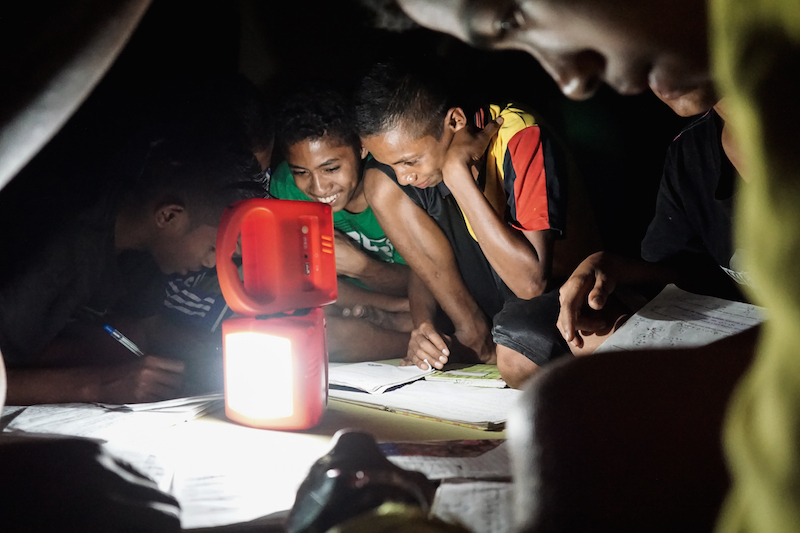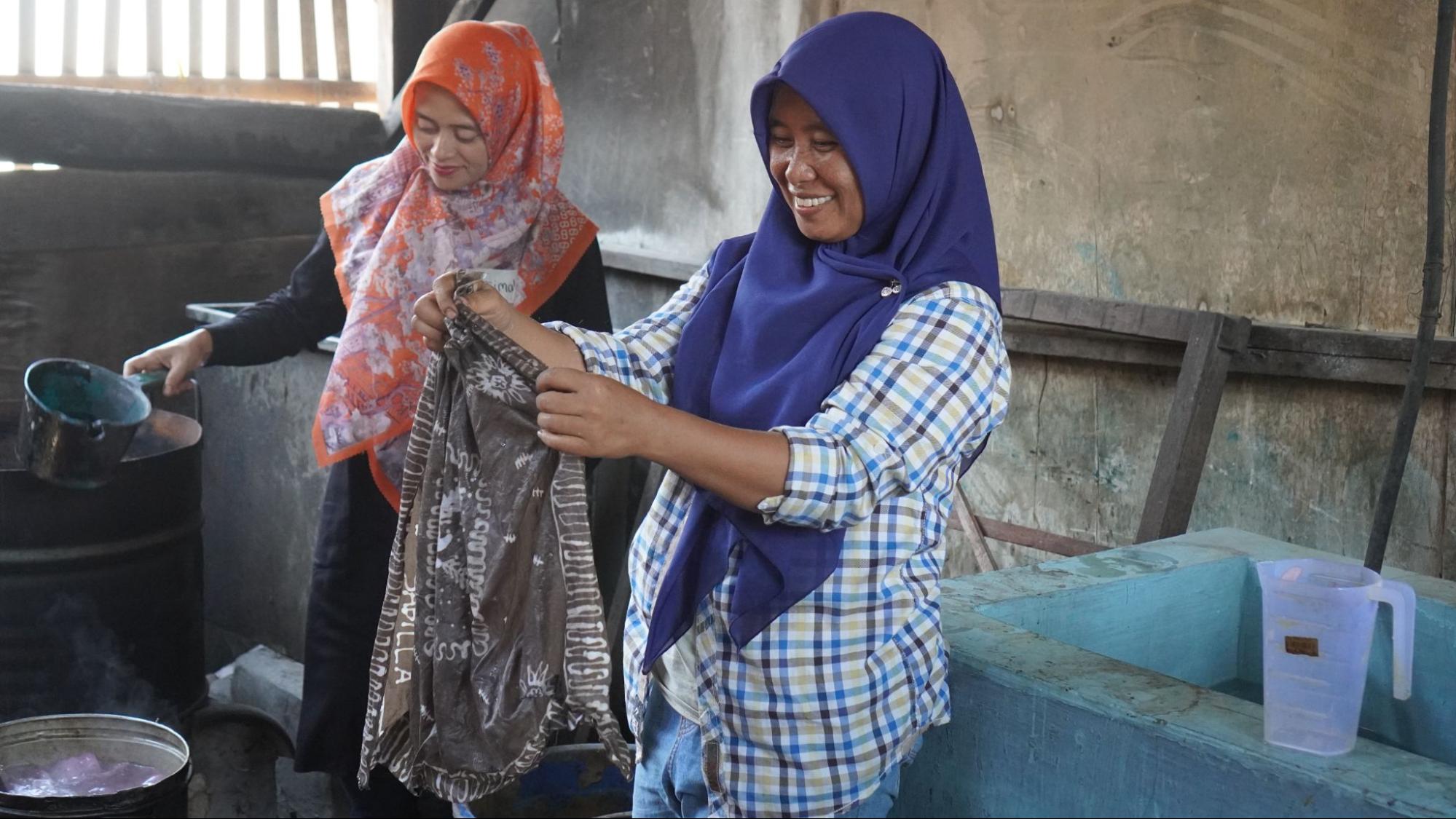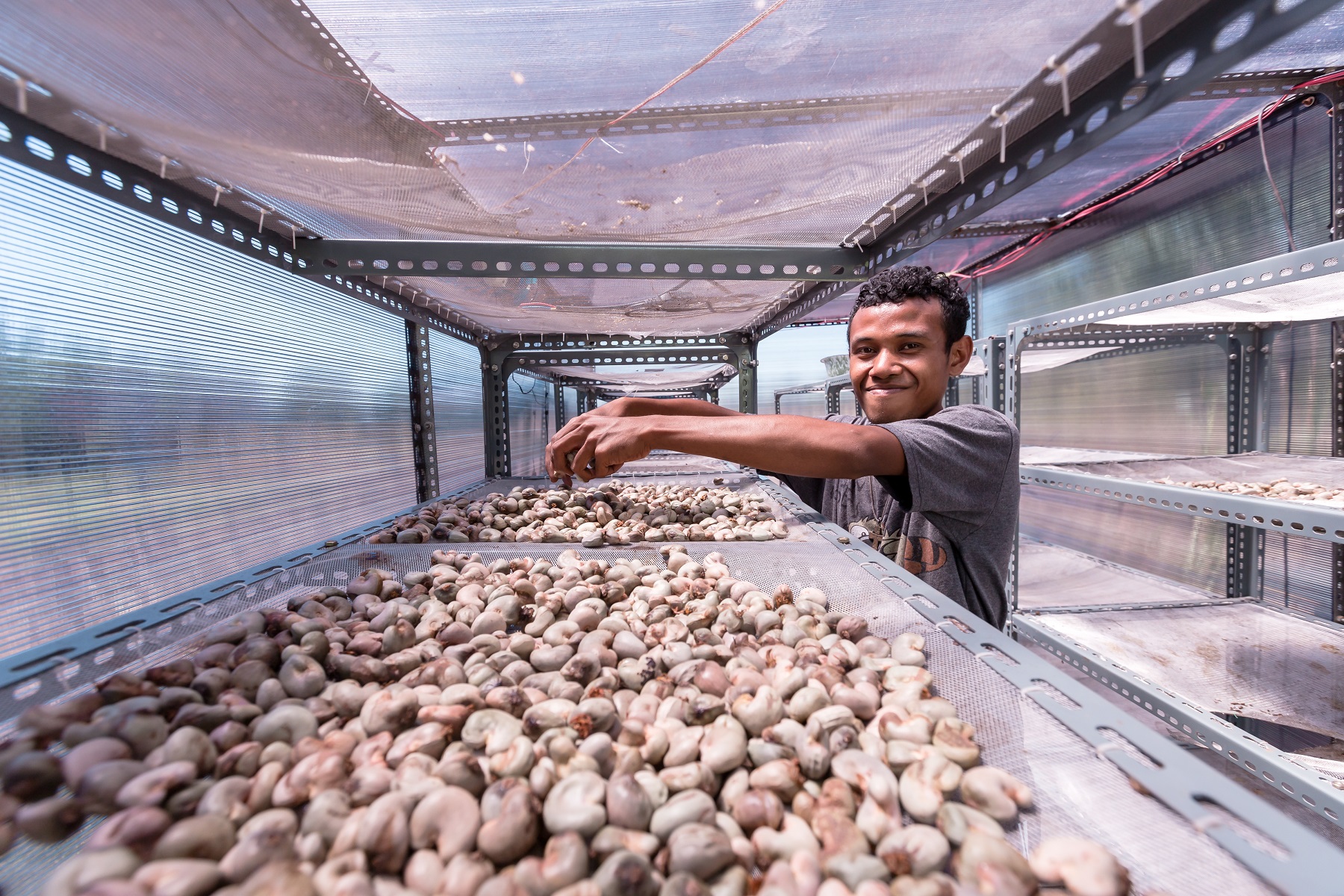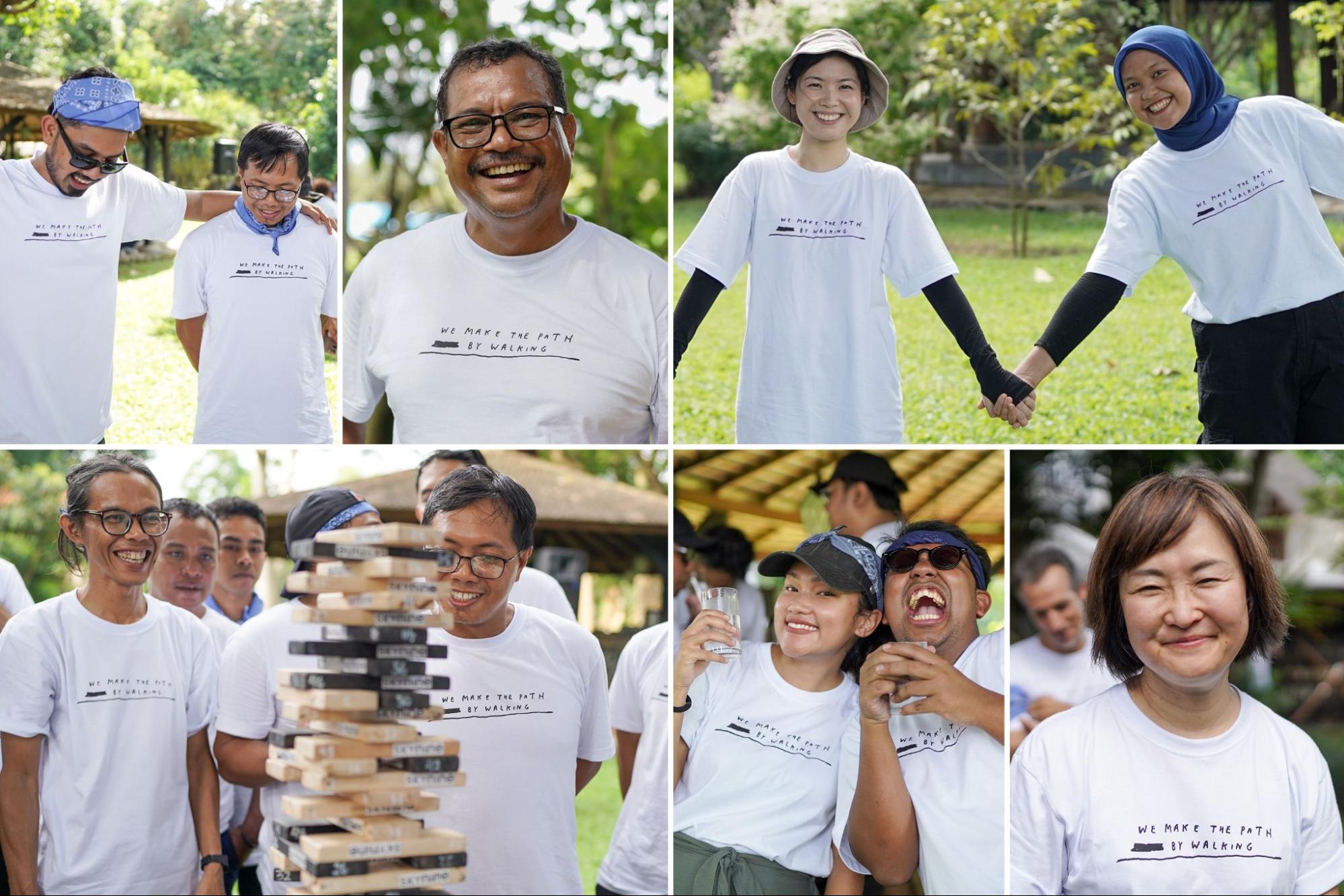In 2023, the world recorded its hottest year to date, followed by the hottest January ever measured. This rise in temperatures has led to more fires, floods, droughts, and extreme weather events that impact lives and livelihoods daily. A week ago, West Java experienced a series of large tornado-like whirlwinds that damaged over 500 houses, marking the first occurrence of its kind in Indonesia. This is a clear indication that we're witnessing a shift in climate patterns, likely setting a precedent for future extreme weather events.
As Kopernik turns 14, while we have evolved over the years, our vision has remained clear; we strive to create a world where all people can realize their potential, living dignified lives free from poverty and in harmony with the natural environment. The growing impacts of climate change have increasingly directed our focus towards tackling these challenges.
Starting out, Kopernik's goal was to get clean energy technologies into the hands of those who needed them most. As access improved, we saw an opportunity to shift our focus towards R&D, to find more effective solutions that address social and environmental challenges. This pivot was a progression of our commitment to finding what works, backed by a belief in the power of experimentation.

Early years of Kopernik: distributing clean energy technologies to provide energy access to last mile communities.
Our portfolio of work is diverse, each initiative designed to address specific challenges while contributing to the Sustainable Development Goals (SDGs). Every project, big or small, supports these global goals. For example, the PANGAN project aims to improve health and well-being by promoting sustainable diets through local, indigenous ingredients. The Wonder Women program supports women entrepreneurs to develop climate-resilient businesses, emphasizing environmental sustainability.

Empowering women micro-entrepreneurs to build sustainable and climate-resilient businesses.
Our R&D efforts in agriculture such as the development of solar dryers, have been helping farmers adapt to unpredictable weather. The introduction of rubber rain guards to protect latex production combines local knowledge with technological innovation. These initiatives are not just about introducing new technologies; they're about providing communities with the tools they need to adapt to and mitigate the impacts of climate change.

Testing simple solar dryers to help farmers post-process their commodities and overcome unpredictable weather conditions.
We are committed to testing, learning, and sharing what works—and what doesn’t. All our work requires strong partnerships with governments, businesses, the creative sector, civil society organizations, and communities. These collaborations allow us to learn from a diverse range of perspectives and explore possibilities for scaling impact. For example, our work in developing a Payment for Environmental Services (PES) scheme for water stewardship involves close collaboration with smallholder farmers, combining traditional knowledge with new technologies to protect and manage water resources sustainably. Another initiative is a partnership to create guidelines with practical, locally-available solutions for small-scale hotels and restaurants in Bali to become more environmentally sustainable.
The creation of spin-offs like Magi Farm and Perfect Fit reflects our belief in sustainable solutions that can scale. Both social enterprises have contributed to reducing greenhouse gas emissions by decreasing the amount of waste sent to landfills. Magi Farm processes food waste using Black Soldier Flies (BSF), and Perfect Fit reduces the amount of single-use feminine hygiene products by producing sustainable, reusable period underwear.
 The Kopernik team wearing the ‘we make the path by walking’ t-shirt designed by visual artist Farid Stevy.
The Kopernik team wearing the ‘we make the path by walking’ t-shirt designed by visual artist Farid Stevy.
In 2024, we are committed to finding what works for people and the planet.
The challenges of the climate crisis are daunting, but they also require us to find opportunities for innovation and resilience. The last 14 years have taught us the importance of being adaptable, open to new ideas, and to always listen to the communities we work with. As we look to the future, we remain committed to finding what works for both people and the planet.


